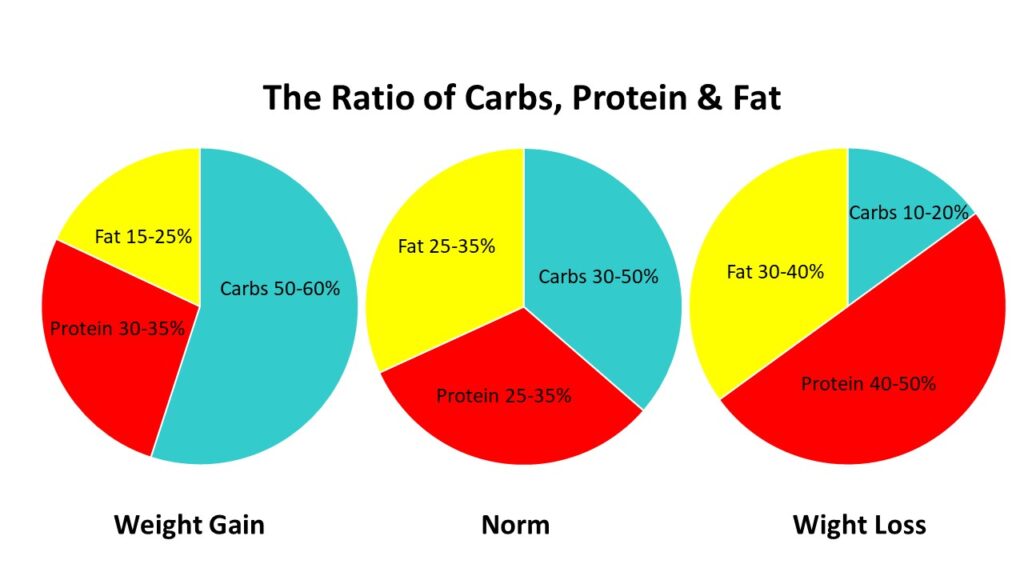A balanced diet is fundamental to a healthy life. It provides the body with essential nutrients, vitamins, and minerals for optimal functioning. The best diet includes a variety of foods from all major food groups, ensuring that the body receives all the nutrients it needs in the proper proportions.

Fruits and vegetables should form a significant part of daily food intake. The World Health Organisation recommends daily consuming at least 400 grams (or five portions) of these plant-based foods. These foods are rich in vitamins, minerals, and fibre. They protect against chronic diseases and empower you to take control of your health and well-being.
Whole grains should form the foundation of carbohydrate intake in a healthy diet. Foods such as brown rice, whole wheat bread, quinoa, and oats provide complex carbohydrates that offer sustained energy and are high in fibre. These foods help maintain stable blood sugar levels and promote digestive health.
Protein is another critical component of a healthy diet. Lean meats, poultry, fish, eggs, legumes, and plant-based proteins like tofu should be included regularly. These foods support muscle growth and repair and are vital for numerous bodily functions.
Dairy products or calcium-rich alternatives are important for bone health and provide essential nutrients like vitamin D. Low-fat or reduced-fat options are often recommended to limit saturated fat intake.
Healthy fats, particularly those from nuts, seeds, avocados, and olive oil, should be included in moderation. These fats are essential for hormone production, nutrient absorption, and brain function.
Limiting the intake of processed foods, sugary drinks, and foods high in saturated fats is crucial, as they often provide empty calories and can contribute to weight gain and various health issues.
Hydration is an essential aspect of a healthy diet that is often overlooked. Water should be the primary beverage, with adults aiming to drink at least 2 litres daily. By being mindful of your daily water intake, you can ensure your body functions at its best.
Water is essential for the human body, comprising about 60% of our body weight and playing a crucial role in many physiological processes. It lubricates joints, cushions the brain and spinal cord, and helps regulate body temperature through sweating. Water is vital for digestion as it aids in nutrient absorption and helps prevent constipation. It also facilitates waste elimination, supports kidney function, and helps maintain blood pressure. Furthermore, water transports nutrients and oxygen to cells, promotes skin health, and is necessary for keeping mucous membranes healthy. Proper hydration is crucial for optimal bodily functions, cognitive performance, and overall health.
Portion control is vital for maintaining a healthy diet. Overeating can lead to weight gain and related health problems, even when consuming nutritious foods. You can manage your calorie intake effectively by understanding and practising appropriate serving sizes for different food groups.
Consistency is key to maintaining a healthy diet. Instead of following restrictive fad diets, focus on making sustainable, long-term changes to your eating habits. This approach is more likely to result in lasting health benefits.
It’s essential to recognise that individual dietary needs vary based on age, gender, activity level, and health status. For instance, pregnant women, older adults, and individuals with specific health conditions may have different nutritional requirements.
Finally, while diet is crucial, it should be complemented by regular physical activity for optimal health. Combining a balanced diet with regular exercise is essential for maintaining physical and mental well-being, managing weight, and reducing the risk of chronic diseases.
On Monday, I will share the Ideal Meals for Lose Weight.
